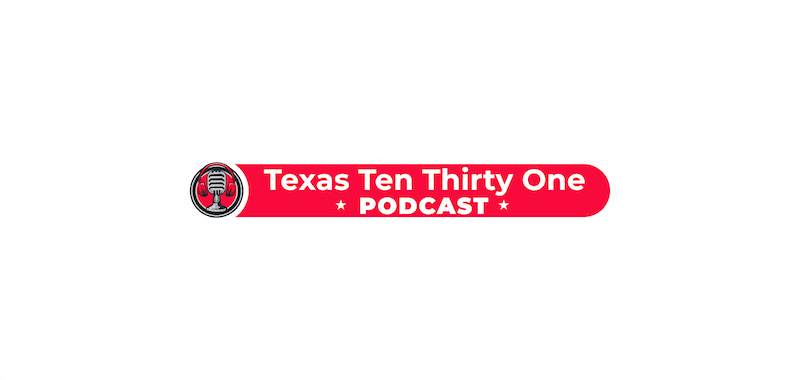NEW YORK — A U.S. District judge has halted the merger between the makers of Coach and Michael Kors handbags, saying it would reduce competition and hurt consumers.
In her ruling Thursday, U.S. District Judge Jennifer Rochon noted that Tapestry Inc. and Capri Holdings are “close competitors” and that the merger would result in “the loss of head-to-head competition” and raise prices for shoppers.
The decision followed seven days of testimony.
In after hours trading shares of Capri fell more than 50% while shares of Tapestry rose 12%.
The ruling came six months after the FTC sued to block Tapestry’s $8.5 billion acquisition of Capri, saying that the deal would eliminate direct competition between the fashion companies’ brands like Coach and Michael Kors in the so-called affordable luxury handbag arena.
The agency also said that the deal announced in August 2023 threatens to eliminate the incentive for the two companies to vie for employees and could depress employees’ wages and workplace benefits. The combined Tapestry and Capri would employ roughly 33,000 people worldwide, the agency said.
The two companies’ brands cover a wide array of items from clothing to eyewear to shoes. Tapestry has been on an acquisition binge for the past several years, and already owns Kate Spade New York, Stuart Weitzman and Coach. Capri owns the Versace, Michael Kors and Jimmy Choo brands.
Specifically, Tapestry’s Coach and Kate Spade brands and Capri’s Michael Kors brand are close rivals in the handbag market. The FTC had said that they continuously monitor each other’s handbag brands to determine pricing and performance, and they each use that information to make strategic decisions, including whether to raise or reduce handbag prices.
Tapestry said in an emailed statement to The Associated Press on Thursday that the decision granting the FTC’s request for a preliminary injunction was “disappointing” and “incorrect on the law and the facts.”
“Tapestry and Capri operate in an industry that is intensely competitive and dynamic, constantly expanding, and highly fragmented among both established players and new entrants,’” Tapestry said in a statement. “We face competitive pressures from both lower- and higher-priced products and continue to believe this transaction is pro-competitive and pro-consumer. “
The company said it intends to appeal the decision, consistent with its obligations under the merger agreement.
Capri could not be immediately reached for comment.
Neil Saunders, managing director of GlobalData, said in a published note that the blocking of Tapestry’s acquisition of Capri will come as a blow to both companies.
“For Tapestry, it puts an end to the goal of becoming a bigger house of brands, and it leaves its plans for future growth in tatters,” he said. He noted that in a slower market, Tapestry will now need to rely on pushing its existing brands harder, which he believes will be challenging. He noted that the group could, in time, also look to make smaller acquisitions.
The ruling leaves Capri “in poor shape and, in betting on being acquired, has neglected the hard work that needs to be done to course correct many of its weak brands,” Saunders said.
Capri will either need to find another party to buy it or it will have to embark on a major reinvention plan, he said.

